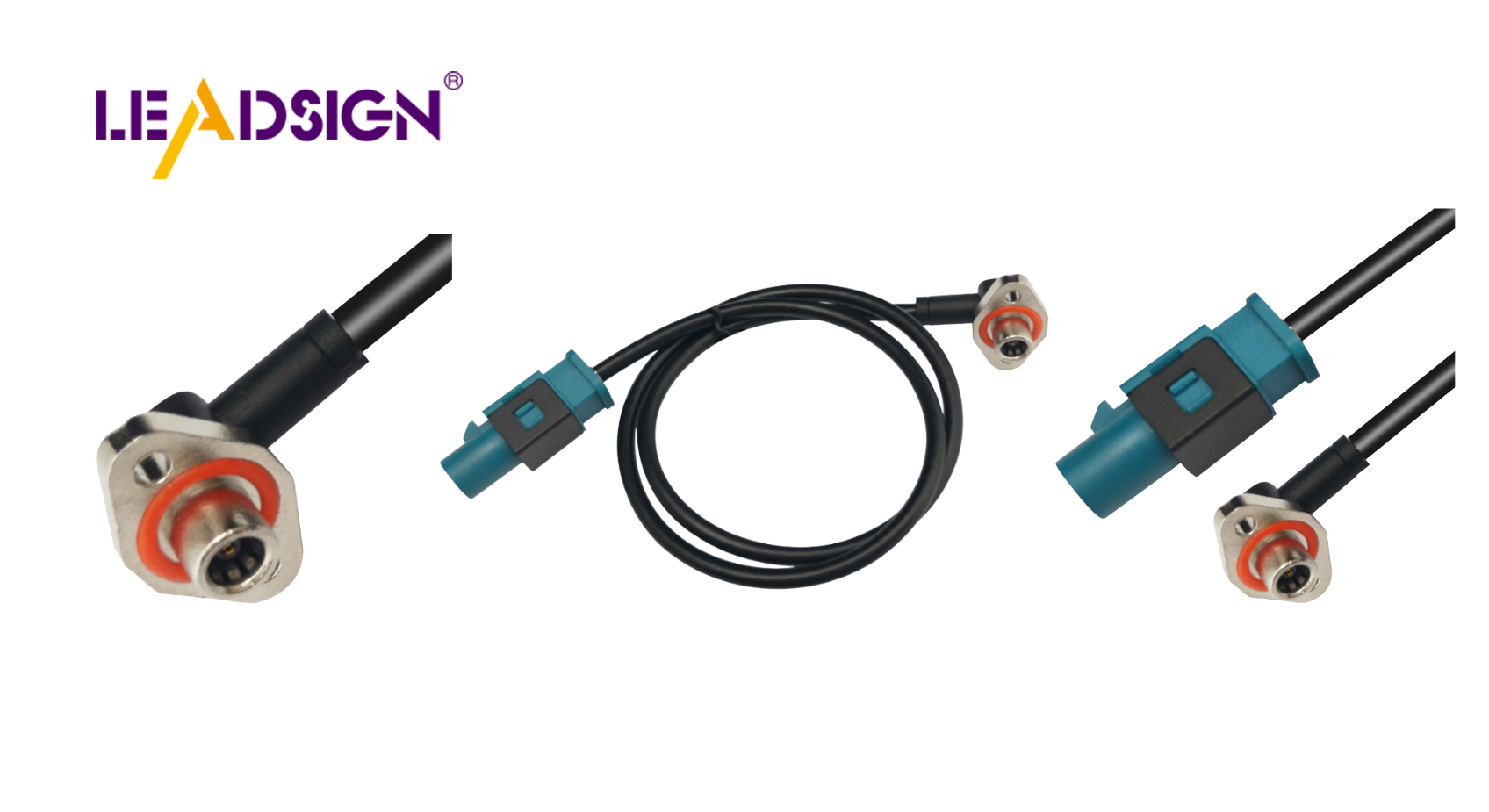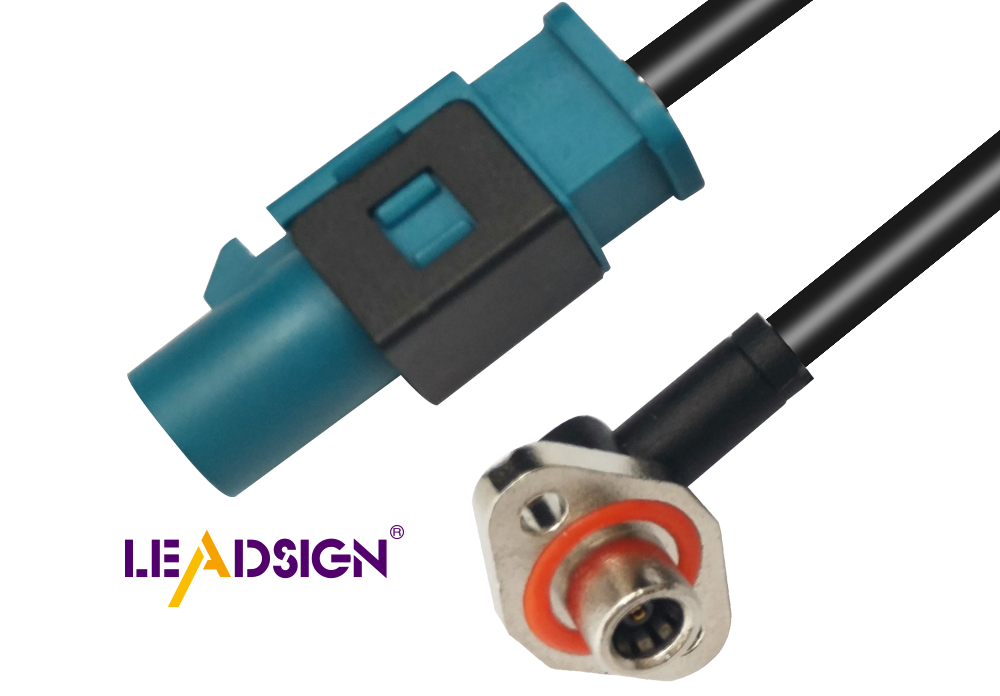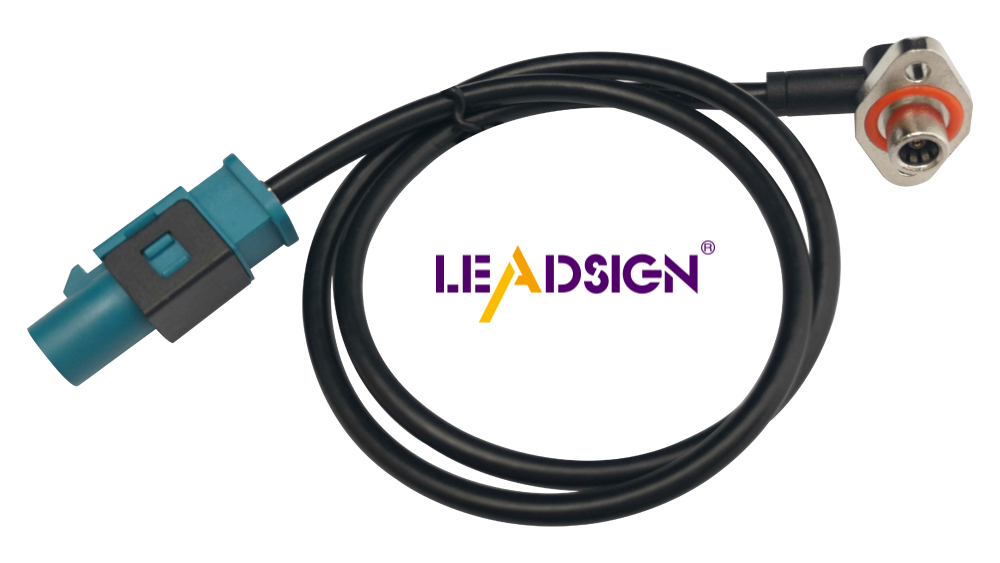Car Wiring Wire Showdown: Copper or Aluminum?

When choosing car wiring wire, the material is very important. Copper is a popular choice because it conducts electricity well. It is strong and helps prevent overheating problems. Aluminum wiring is lighter and cheaper than copper. Its light weight works well for modern, efficient cars. Still, copper is used more often because it lasts longer. It is also more reliable in tough car conditions.
Key Takeaways
Copper wiring is superior in electrical conductivity, allowing for better performance and less energy loss compared to aluminum.
Copper wires are more heat-resistant, cooling down faster and preventing overheating, which enhances their durability in tough car conditions.
For strength and flexibility, copper outperforms aluminum, making it less likely to break and easier to install in tight spaces.
While aluminum is cheaper and lighter, it requires thicker wires to match copper's performance, which can negate its weight advantage.
Copper wiring offers long-term value due to its durability and lower maintenance needs, making it a smarter investment despite higher upfront costs.
Aluminum wiring can be suitable for budget-friendly applications but needs careful handling to avoid rust and connection issues over time.
When choosing wiring, consider your car's specific needs, budget, and future plans to ensure optimal performance and safety.
Performance and Conductivity

Car wiring needs good performance and conductivity to work well. The type of wire affects how electricity moves in your car. Let’s see how copper and aluminum compare.
Electrical Conductivity in Car Wiring Wire
Electrical conductivity shows how easily electricity flows through a material. Copper is better at this than aluminum. It carries more electricity with less resistance. Less resistance means less energy is wasted, so your car works better.
Aluminum is lighter but not as good at conducting electricity. To carry the same amount of electricity, aluminum wires must be thicker. This can cancel out its lightweight benefit. For high electricity needs, copper is the best choice. It handles more electricity with less energy loss, making it great for tough car systems.
Heat Resistance in Copper and Aluminum Wiring
Heat resistance is also very important in car wiring. Electricity makes wires heat up when it flows through them. Copper cools down faster because it spreads heat well. This keeps it from overheating and makes it last longer.
Aluminum holds more heat because it doesn’t spread it as well. Over time, this can cause problems. Aluminum also expands more than copper when it gets hot. This can weaken connections and cause failures. Copper is better for handling heat and staying strong in all temperatures.
Durability and Safety
Car wiring needs to be strong and safe to work well. The material you pick affects how it lasts and handles stress. Let’s see how copper and aluminum wires compare in strength, flexibility, heat changes, and rust resistance.
Strength and Flexibility of Copper and Aluminum
Strength shows how much force a wire can take before breaking. Copper is stronger than aluminum by about 40%. This makes copper less likely to break during use or setup. If your car needs tough wiring, copper is the better and safer option.
Flexibility is also important for wiring. Copper is both strong and bendable, so it’s easier to shape without damage. Aluminum is lighter but softer, so it breaks more easily when bent. For tight spaces or frequent adjustments, copper is more reliable and easier to use.
Heat Changes in Car Wiring
Heat and cold can make wires expand or shrink, affecting connections. Copper expands less than aluminum when heated. This helps copper keep tight connections in all temperatures. Aluminum expands more, which can loosen connections over time. Loose wires can overheat or fail, which is unsafe.
Using copper wires lowers these risks. Copper handles temperature changes better, making it last longer in tough car conditions.
Rust Resistance of Copper and Aluminum
Rust can weaken wires and make them unsafe. Copper resists rust and damage from air better than aluminum. This makes copper last longer in cars. Even in wet or salty conditions, copper stays strong.
Aluminum rusts more easily, which can lower its performance and safety. If you want wiring that lasts and stays safe, copper is the best choice. It’s stronger and works better over time.
Cost Considerations
When picking copper or aluminum wire for your car, knowing the costs is important. The upfront price and long-term value can affect your choice.
Material Costs of Copper and Aluminum Wiring
Copper wire costs more than aluminum wire. Copper can be several times pricier. This is because copper is stronger, lasts longer, and works better. Aluminum wire is cheaper and costs about half as much as copper. If you want to save money right away, aluminum seems like a good option.
But aluminum's lower cost has downsides. Aluminum wires need to be thicker to work like copper. This makes them harder to install and less lightweight. Aluminum also rusts and weakens over time, which can cost more to fix. While aluminum saves money at first, it might cost more later.
Long-Term Value of Copper Wire vs Aluminum Wire
Copper wire is worth more in the long run, even if it costs more upfront. It lasts longer and needs fewer repairs. Copper is strong and doesn’t break easily, so it’s safer. This lowers the chance of electrical problems, which can be expensive.
Aluminum wire, though cheaper at first, needs more care. It rusts and expands with heat, which can loosen connections. These problems raise maintenance costs and can be unsafe. Over time, fixing aluminum wires can cost more than the initial savings.
Copper wire is reliable and lasts longer. It works better and needs less fixing, making it a smart choice for most cars. Aluminum wire might work for cheap projects, but copper is better for long-term use.
Installation and Maintenance
Installing Copper and Aluminum Wiring
The type of wire you pick affects installation ease. Copper wires are strong and tough, making them easier to install. They don’t break easily, even when bent or twisted. This makes copper a good choice for tight spaces or frequent adjustments.
Aluminum wires are lighter and easier to bend. This can help beginners shape them during installation. But, they are softer and can break more easily. You must handle aluminum wires carefully to avoid damage. Experts suggest copper because it’s easier to work with and needs less skill.
Expert Insight: MachineMfg says aluminum wiring needs careful handling for safety. Copper is stronger and simpler to install.
Caring for Car Wiring
Taking care of car wiring keeps it safe and working well. Copper wires need less care over time. They resist rust and stay strong under heat and stress. This means fewer repairs and less time spent fixing problems.
Aluminum wires need more frequent checks. They expand and shrink with heat, which can loosen connections. This might cause overheating or failure. Aluminum also rusts faster, which weakens its performance. Regular care is needed to keep it working safely.
Expert Testimony: HomeAdvisor says copper wires break less and need fewer checks. This makes them better for long-term use.
If you want easy-to-install and low-maintenance wiring, choose copper. Aluminum can work but needs more care to stay safe.
Applications in Automotive Wiring

High-Performance Vehicles and Copper Wiring
High-performance cars need reliable and efficient wiring. Copper wire is the top choice because it conducts electricity well. It reduces energy loss, which is important for systems needing steady power. These include advanced engines and bright lighting.
Copper also handles heat better, making it great for hot-running cars. Its strength and flexibility help it fit into tight spaces without breaking. Sports and luxury cars use copper because they need the best performance and safety.
Did You Know? Many European carmakers use copper for their high-performance models. This ensures better wiring and longer-lasting systems.
Budget-Friendly Applications for Aluminum Wiring
Aluminum wiring is cheaper and good for saving money. It costs less, so manufacturers use it to lower production expenses. Aluminum is lighter than copper, which helps make cars weigh less. This is useful for small or budget-friendly cars.
But aluminum needs careful handling to avoid rust and damage. It works best in simple systems like basic lights or extra features. For cheaper projects, aluminum is a good option.
Market Insight: Japanese carmakers cut car weight by 40 pounds using aluminum wiring in some parts.
Hybrid and Electric Vehicles: Copper vs Aluminum
Hybrid and electric cars depend heavily on electrical systems. Copper wire is often chosen because it carries electricity well and handles high currents. It powers key parts like batteries and motors smoothly.
However, aluminum is becoming popular in electric cars due to its light weight. Some new energy cars now use aluminum wire bundles. While aluminum wires need to be thicker to match copper, their lighter weight helps improve efficiency.
Expert Tip: If using aluminum wiring in electric cars, ensure proper connections for safety and performance.
Copper wire is the best option for most car uses. It conducts electricity well, lasts long, and resists rust. Copper also keeps strong connections in all conditions. This makes it great for tough and high-performance systems. Aluminum wire is cheaper and lighter. It works well for low-cost or lightweight projects. In the end, choose based on your car's needs, budget, and future plans. This will help you get the best results.
FAQ
Is copper-clad aluminum (CCA) wiring good for cars?
Copper-clad aluminum (CCA) wiring is not the best for cars. It mixes features of copper and aluminum but isn’t reliable enough. To carry the same power as copper, CCA wires must be thicker. This makes them harder to use and less efficient. For most cars, pure copper is still the better option.
Will aluminum wire replace copper wire in cars someday?
The future of car wiring depends on new materials and technology. Aluminum is cheaper and lighter, which is great for modern cars. But replacing copper fully is hard due to safety and durability issues. Aluminum might be used more in electric cars, but copper will still be needed for high-performance systems.
How are copper and aluminum wires different for cars?
Copper wires are safer and more reliable. They resist rust, handle heat well, and keep strong connections. Aluminum wires are lighter and cheaper but can rust and loosen over time. Copper’s better performance makes it the top choice for most cars.
Why use aluminum wires in cars?
Aluminum wires make cars lighter, improving fuel use and speed. They also cost less, which helps with cheaper car production. But aluminum needs careful handling to stay safe. It works best in systems that don’t need much electricity.
How do copper and aluminum wires compare in strength?
Copper wires are stronger and less likely to break. They are also flexible, so they bend without damage. Aluminum wires are softer and can break if bent too much. Copper’s strength and flexibility make it better for cars.
Can aluminum wires work in high-performance car systems?
Aluminum wires don’t work well in high-performance systems. They don’t carry electricity or handle heat as well as copper. These systems need steady power, which copper provides. Aluminum is better for simpler systems, but copper is best for advanced ones.
Why is copper better for electric and hybrid cars?
Electric and hybrid cars need strong electrical systems. Copper wires deliver power smoothly to batteries and motors. They handle high currents and heat, making them perfect for these cars. Aluminum wires are lighter but need to be thicker to match copper, which reduces their weight advantage.
Is aluminum wiring safe for long-term car use?
Aluminum wiring can be safe if installed and checked often. It rusts and expands with heat, which can loosen connections. This might cause overheating or failure. Copper wiring lasts longer and needs less care, making it safer over time.
What should you think about when picking copper or aluminum wires?
Think about your car’s needs, budget, and future plans. Copper wires are strong, safe, and last a long time. They’re great for systems that need a lot of power. Aluminum wires are cheaper and lighter but need careful handling. Choose based on what matters most for your car.
When is aluminum better than copper for car wiring?
Aluminum is better when saving weight is important. It can make a car’s wiring lighter, helping with fuel use. It’s also cheaper for simple systems like lights. But for high-performance or safety-critical systems, copper is still the best choice.
See Also
Enhancing Data Transfer in Vehicles with Modern Connectors
Benefits of FAKRA PCB Connectors for Automotive Use
Key Benefits of HFM RF Connectors in Cars

